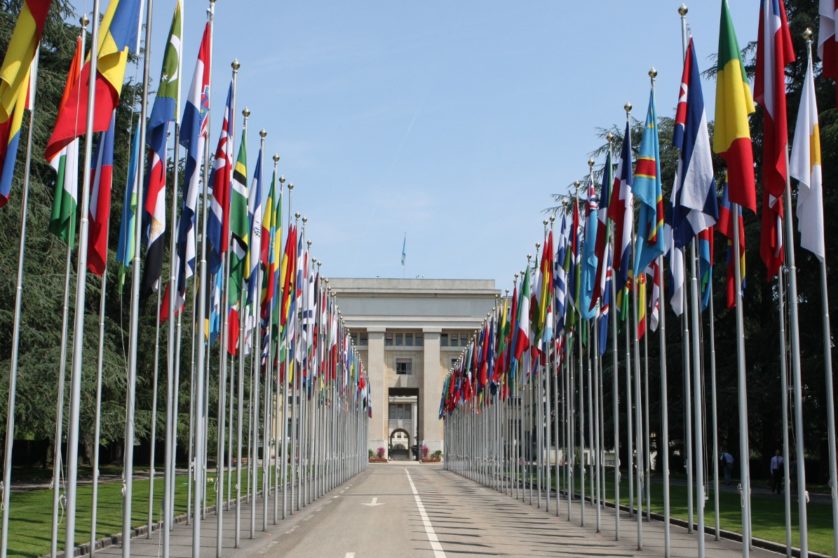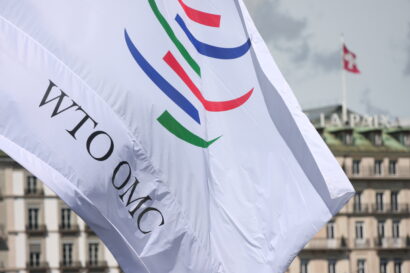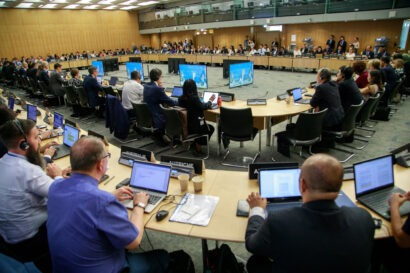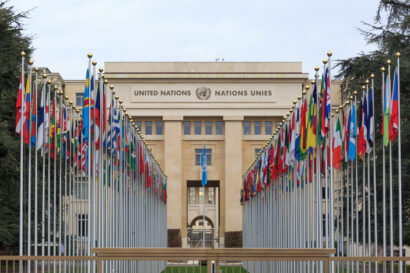The increased emphasis on the role of sustainable financing to support the realisation of the Sustainable Development Goals (SDGs) in 2015 underscored a renewed initiative to enhance domestic resource mobilisation (DRM), especially in developing countries. Under target 17.1 of the SDGs, countries committed to strengthen DRM through international support to developing countries to improve, in particular, domestic tax collection. Now, more than ever, the impact of Covid-19 has revealed a pressing need to address fair and effective taxation that can finance the fulfilment of economic and social rights of citizens in all countries. This exercise must not only focus on the domestic aspects but should also address the appropriateness of international tax norms in enabling effective tax administration.
International tax norms have long determined and structured cross-border efforts to prevent double taxation, allocate taxing rights between countries, enable enforcement and curb tax competition. The norms under consideration include bilateral tax treaties, transfer pricing rules, mutual assistance in all forms of administration, dispute resolution mechanisms, coercive mechanisms to advance the acceptance of these norms, and the framework for applying them to the digitalised economy. Tovony Randriamanalina, Martin Hearson and I provide a survey of these norms in our background paper for the UN’s High Level Panel on Financial Accountability, Transparency and Integrity. We argue that the historical development of these norms has centred around the practices and developments within and between Organisation for Economic Cooperation and Development (OECD) countries, and this resulted in the failure to take into account the contextual needs of developing countries. To date, the way in which international tax norms have been formulated has placed a constant strain on cooperation with developing countries.
The emergence of the United Nations as a focal point for discussion on the inadequacies of international norms for the needs of developing countries provided an alternative platform that was strengthened following the Addis Ababa summit in 2015. However, the debate on global tax norms is still dominated by the OECD and its Inclusive Framework, and countries have been encouraged to comply with its standards through coercive measures including, as a result of their symbiotic relationship, the European Union’s list of uncooperative jurisdictions. Despite the continuing development of standards, particularly through the OECD/G20 Base Erosion and Profit Shifting (BEPS) project, dissatisfaction with the design and operation of particular tax norms and their ability to minimise harmful tax competition continues. For example:
- Tax treaties – there are strong arguments that the tax treaty regime is wholly unsuited for developing countries that are usually capital importers.
- Transfer pricing – practical criticisms take note of the difficulties for tax administrators to hypothesise the arm’s length price in the face of an multinational enterprise with highly integrated value chains.
- Dispute resolution – although the OECD and UN continue to make efforts to improve capacities in Mutual Agreement Procedures (MAPs), weaknesses remain, and experiences with investor-state dispute settlement processes have motivated positions amongst developing countries that have rejected mandatory arbitration mechanisms.
There is now a need to consider new, dynamic approaches towards the transformation of international tax norms in order to establish greater relevance and responsiveness to developing countries’ needs. In the short term, much more is possible within existing structures. For example, some countries have adopted alternative transfer pricing rules and unilateral measures to tax highly digitalised businesses that can be implemented alongside UN and OECD guidelines. Elevating international tax norm considerations to the political level in lower-income countries is essential. In the long term, we argue for a re-evaluation of many of the paradigms that OECD countries have developed and consolidated, but which may not be the best option for developing countries. We also recommend giving serious consideration to the calls for a global tax body.



